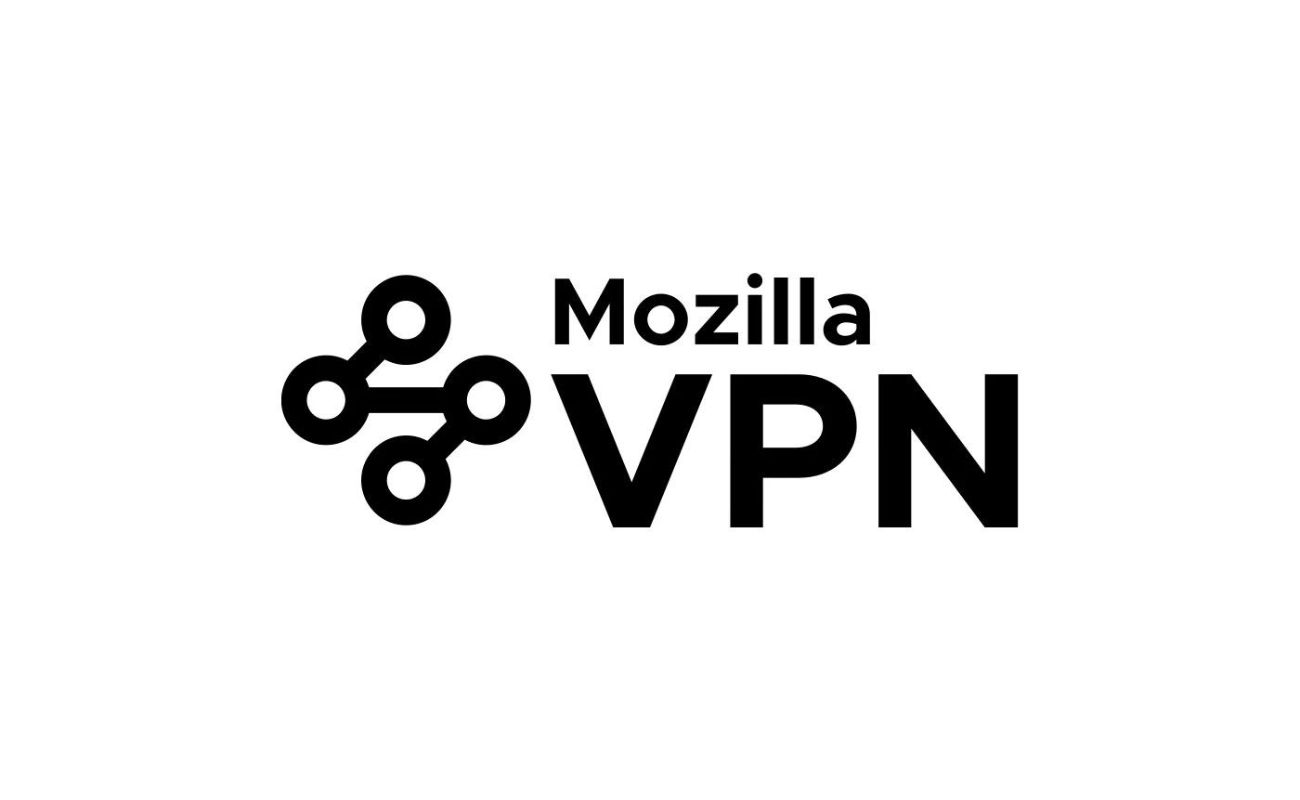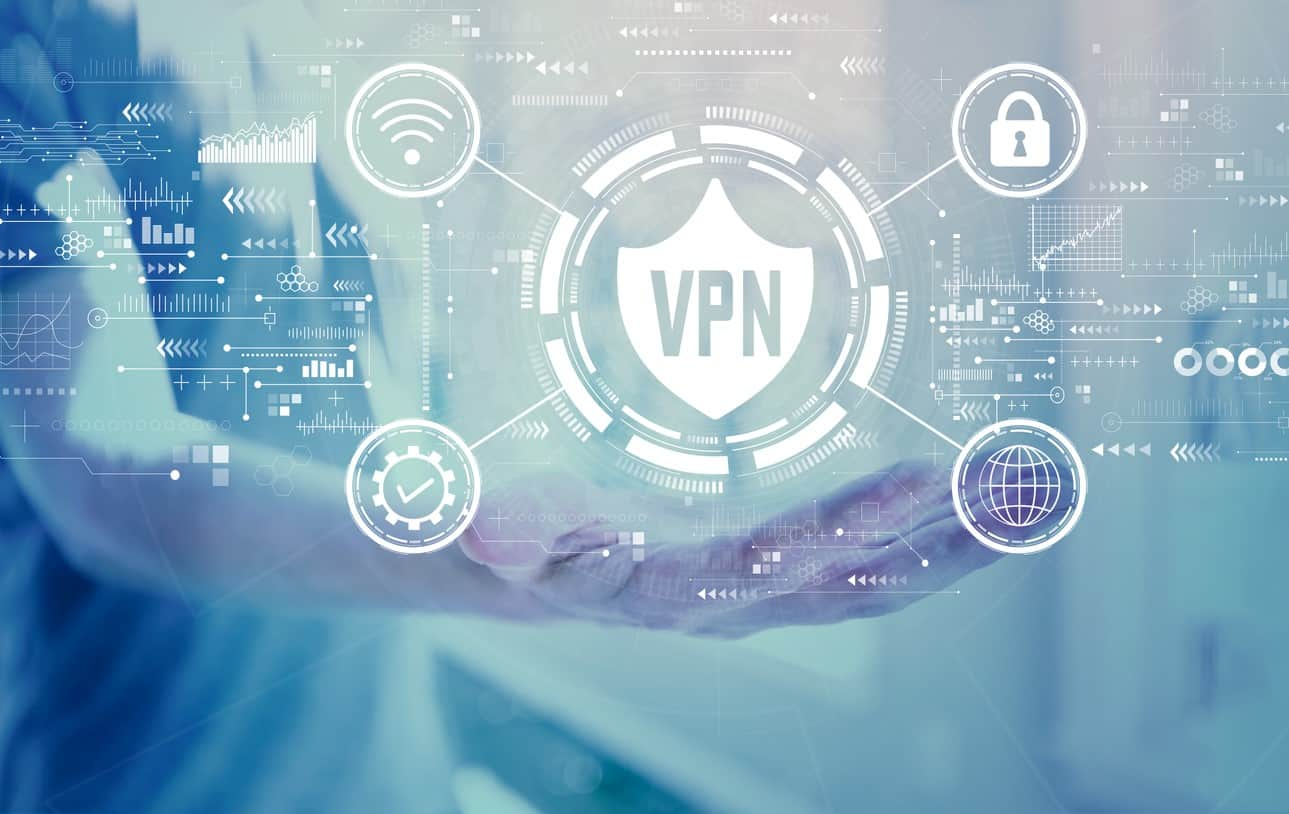Home>Software and Apps>Exploring the Benefits of VPNs with Ben Shapiro


Software and Apps
Exploring the Benefits of VPNs with Ben Shapiro
Modified: September 5, 2024
Discover the advantages of VPNs with Ben Shapiro in this insightful discussion. Learn how this software and app can enhance your online security and privacy.
(Many of the links in this article redirect to a specific reviewed product. Your purchase of these products through affiliate links helps to generate commission for Techsplurge.com, at no extra cost. Learn more)
Table of Contents
What is a VPN?
A VPN creates a secure, encrypted connection over the internet between your device and a VPN server. This connection allows you to browse the internet as if you were in a different location, which can be particularly useful for accessing geo-restricted content. Essentially, a VPN acts as a tunnel that encrypts your internet traffic, making it virtually impossible for third parties to intercept or monitor your online activities.
Benefits of Using a VPN
Enhanced Security
- Encryption: The primary benefit of a VPN is its ability to encrypt your internet traffic. This encryption ensures that any data transmitted between your device and the VPN server remains confidential. Even if someone intercepts your data, they will only see encrypted information, which is useless without the decryption key.
- Protection Against Hacking: By encrypting your data, a VPN protects you from hacking attempts. Hackers often use malware to intercept sensitive information, but with a VPN, your data is shielded from such threats.
- Secure Public Wi-Fi: Public Wi-Fi networks are notorious for being insecure. When you connect to a public Wi-Fi network without a VPN, you expose yourself to potential hackers who can steal your personal data. A VPN ensures that even when you're using public Wi-Fi, your data remains secure.
Privacy Protection
- Anonymity: One of the most significant benefits of using a VPN is anonymity. By masking your IP address, you can browse the internet without revealing your location or identity. This is particularly useful for journalists, activists, and anyone who wants to maintain their privacy online.
- Data Protection: In today's digital world, data breaches are common. A VPN helps protect your data by encrypting it, making it difficult for hackers to steal sensitive information like passwords, credit card numbers, and personal details.
Access to Geo-Restricted Content
- Streaming Services: Many streaming services like Netflix, Hulu, and Amazon Prime are geo-restricted, meaning they can only be accessed from specific regions. A VPN allows you to bypass these restrictions by making it appear as though you're accessing the service from a different location.
- Government Censorship: In some countries, governments censor certain websites or services. A VPN can help you access these censored sites by masking your IP address and making it seem like you're accessing the internet from a different country.
Read more: Exploring the Benefits of VPNs with No Logs
Business Benefits
- Remote Work Security: With the rise of remote work, employees often need to access company resources from outside the office. A VPN ensures that this access is secure, protecting company data from unauthorized access.
- Compliance with Regulations: Many industries have strict regulations regarding data security. Using a VPN can help businesses comply with these regulations by ensuring that all data transmitted over the internet is encrypted and secure.
Performance and Speed
- Optimized Routing: Some VPNs use optimized routing algorithms to ensure that your internet traffic is routed through the fastest servers available. This can improve your browsing speed and reduce latency.
- Server Locations: The location of the VPN server can significantly impact your internet speed. Choosing a VPN with servers located close to your physical location can provide faster speeds compared to using a server on the other side of the world.
How Does a VPN Work?
Connection Establishment
When you connect to a VPN, your device establishes a secure connection with the VPN server. This connection is typically established using protocols like OpenVPN, L2TP/IPSec, or PPTP.
Read more: Exploring the Benefits of Split Tunnel VPNs
Encryption
Once connected, all your internet traffic is encrypted using advanced algorithms like AES-256. This encryption ensures that even if someone intercepts your data, it will be unreadable without the decryption key.
Tunneling
The encrypted data is then transmitted through a tunnel created by the VPN. This tunnel acts as a secure channel between your device and the VPN server.
Decryption
When the encrypted data reaches the VPN server, it is decrypted and forwarded to its final destination on the internet.
Choosing the Right VPN
With so many VPNs available in the market, choosing the right one can be overwhelming. Here are some factors to consider when selecting a VPN:
Security Features
Look for VPNs that use strong encryption protocols like AES-256 and have a no-logs policy. This ensures that your data is not stored on their servers and cannot be accessed by third parties.
Server Locations
Choose a VPN with servers located in multiple countries to ensure you have access to geo-restricted content and can bypass censorship.
Speed and Performance
Opt for a VPN that uses optimized routing algorithms and has servers located close to your physical location to ensure faster speeds.
Customer Support
Good customer support is essential. Look for VPNs that offer 24/7 support via multiple channels such as email, chat, and phone.
Cost
VPNs can vary significantly in cost. While some offer free services, others require a subscription fee. Consider your budget and the features you need before making a decision.
Popular VPNs
ExpressVPN
Known for its strong encryption and fast speeds, ExpressVPN is a popular choice among users. It offers servers in over 90 countries and has a no-logs policy.
NordVPN
NordVPN is another highly-regarded VPN service. It offers advanced security features like double encryption and has servers in over 60 countries.
ProtonVPN
ProtonVPN is a secure VPN service developed by the same team behind ProtonMail. It offers strong encryption and a no-logs policy, making it a great choice for those who value privacy.
TunnelBear VPN
TunnelBear VPN is known for its user-friendly interface and strong security features. It offers servers in over 20 countries and has a free version available.
Final Thoughts
Using a VPN is an essential step in protecting your online security and privacy. With its ability to encrypt your internet traffic, mask your IP address, and bypass geo-restrictions, a VPN is a powerful tool in today's digital landscape. Whether you're a casual user or a business professional, choosing the right VPN can make all the difference in ensuring your data remains secure and private. By understanding how VPNs work and what to look for when choosing one, you can enjoy the benefits of a secure and private online experience.











